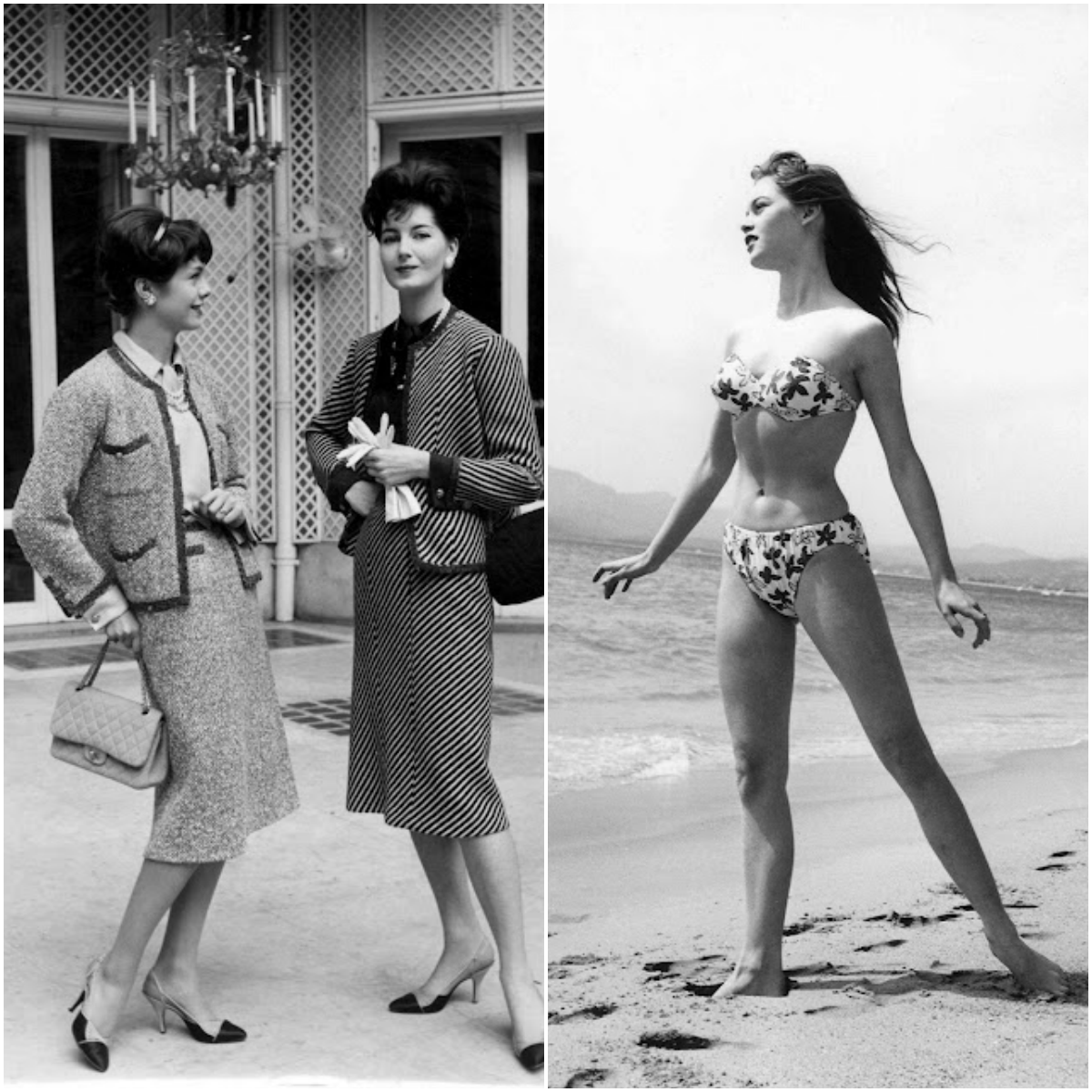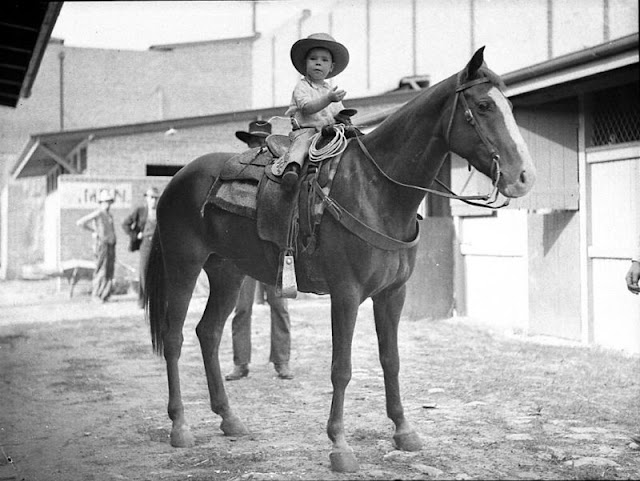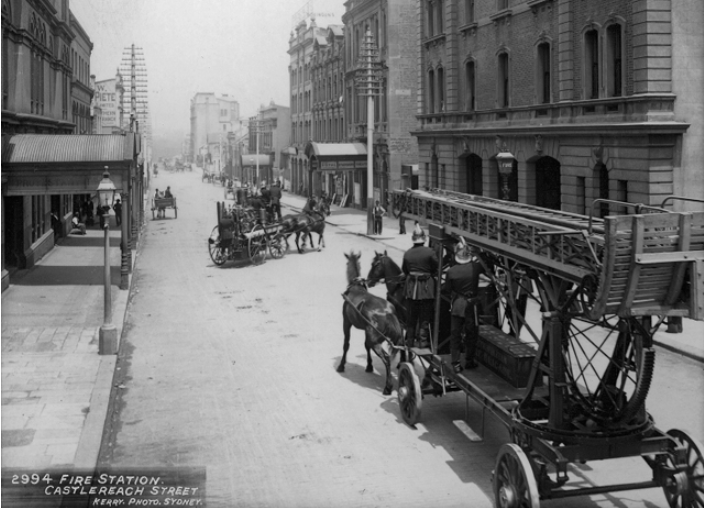Pan’s People were a British all-female dance troupe most commonly associated with the BBC TV music chart show Top of the Pops, from the late 1960s to 1976. The group, founded and led by choreographer Felicity “Flick” Colby in December 1966, accompanied top 20 hits on the weekly show for eight years, when artists were unable to perform live. Pan’s People appeared on many other TV shows in the UK and elsewhere in Europe, and also performed in nightclub cabaret.
![]()
![]()
![]()
![]()
![]()
![]()
![]()
![]()
![]()
![]()
![]()
![]()
![]()
![]() Renowned British All-Female Dance Troupe
Renowned British All-Female Dance Troupe![]() Renowned British All-Female Dance Troupe
Renowned British All-Female Dance Troupe
![]()
![]() Renowned British All-Female Dance Troupe
Renowned British All-Female Dance Troupe
![]() Renowned British All-Female Dance Troupe
Renowned British All-Female Dance Troupe
![]() Renowned British All-Female Dance Troupe
Renowned British All-Female Dance Troupe
![]()
![]() Renowned British All-Female Dance Troupe
Renowned British All-Female Dance Troupe
![]() Renowned British All-Female Dance Troupe
Renowned British All-Female Dance Troupe
![]() Renowned British All-Female Dance Troupe
Renowned British All-Female Dance Troupe
![]() Renowned British All-Female Dance Troupe
Renowned British All-Female Dance Troupe
![]() Renowned British All-Female Dance Troupe
Renowned British All-Female Dance Troupe
![]() Renowned British All-Female Dance Troupe
Renowned British All-Female Dance Troupe
![]() Renowned British All-Female Dance Troupe
Renowned British All-Female Dance Troupe
![]() Renowned British All-Female Dance Troupe
Renowned British All-Female Dance Troupe
![]() Renowned British All-Female Dance Troupe
Renowned British All-Female Dance Troupe
![]() Renowned British All-Female Dance Troupe
Renowned British All-Female Dance Troupe
![]() Renowned British All-Female Dance Troupe
Renowned British All-Female Dance Troupe
![]() Renowned British All-Female Dance Troupe
Renowned British All-Female Dance Troupe
![]() Renowned British All-Female Dance Troupe
Renowned British All-Female Dance Troupe
![]() Renowned British All-Female Dance Troupe
Renowned British All-Female Dance Troupe
![]() Renowned British All-Female Dance Troupe
Renowned British All-Female Dance Troupe
![]() Renowned British All-Female Dance Troupe
Renowned British All-Female Dance Troupe
![]() Renowned British All-Female Dance Troupe
Renowned British All-Female Dance Troupe
![]() Renowned British All-Female Dance Troupe
Renowned British All-Female Dance Troupe
![]() Renowned British All-Female Dance Troupe
Renowned British All-Female Dance Troupe
![]() Renowned British All-Female Dance Troupe
Renowned British All-Female Dance Troupe
![]() Renowned British All-Female Dance Troupe
Renowned British All-Female Dance Troupe
![]() Renowned British All-Female Dance Troupe
Renowned British All-Female Dance Troupe
![]() Renowned British All-Female Dance Troupe
Renowned British All-Female Dance Troupe
![]() Renowned British All-Female Dance Troupe
Renowned British All-Female Dance Troupe
![]() Renowned British All-Female Dance Troupe
Renowned British All-Female Dance Troupe
![]() Renowned British All-Female Dance Troupe
Renowned British All-Female Dance Troupe
![]() Renowned British All-Female Dance Troupe
Renowned British All-Female Dance Troupe
![]()

Pan’s People succeeding the Go-Jos in May/June 1968 as the second dance troupe to make monthly appearances on Top of the Pops, when the series aired in black and white. They became a weekly feature of the program following its revamp and time extension in January 1970 and continued for the next six years, giving their last performance in April 1976 when they were replaced by the short-lived Ruby Flipper, also choreographed by Colby. As a result of line-up changes just one dancer, Ruth Pearson, appeared on the whole run.

“Pan’s People – ‘The name? We got the name from Pan, the goddess of dance” said Ruth.
“It was electric and thrilling and I have wonderful warm memories,”‘ said Dee Dee Wilde, “For a young girl it was the best job in the world. We were in the public eye, at the top of our profession and admired by millions. We all had a great time in the Sixties and Seventies.

“I can remember being in that small intimate studio with Stevie Wonder and it was magic. But it was also quite lonely as well at times. Men were keen to look but they wouldn’t come near us. We were so glamorous they thought we were unapproachable. And men will never approach a group of women, especially a loud, attractive group of young women.”

Due to their weekly exposure on British television the group acquired a high profile, and in addition as a result of the increasing number of preserved recordings from 1973 onwards, the ‘classic’ line-up which existed from 1972 to 1974 is still widely recognized today.

Renowned British All-Female Dance Troupe

Renowned British All-Female Dance Troupe

Renowned British All-Female Dance Troupe

Renowned British All-Female Dance Troupe

Renowned British All-Female Dance Troupe

Renowned British All-Female Dance Troupe

Renowned British All-Female Dance Troupe

Renowned British All-Female Dance Troupe

Renowned British All-Female Dance Troupe

 Renowned British All-Female Dance Troupe
Renowned British All-Female Dance Troupe
Renowned British All-Female Dance Troupe




Renowned British All-Female Dance Troupe











Renowned British All-Female Dance Troupe![]()
Renowned British All-Female Dance Troupe




















-1705334834.jpg)